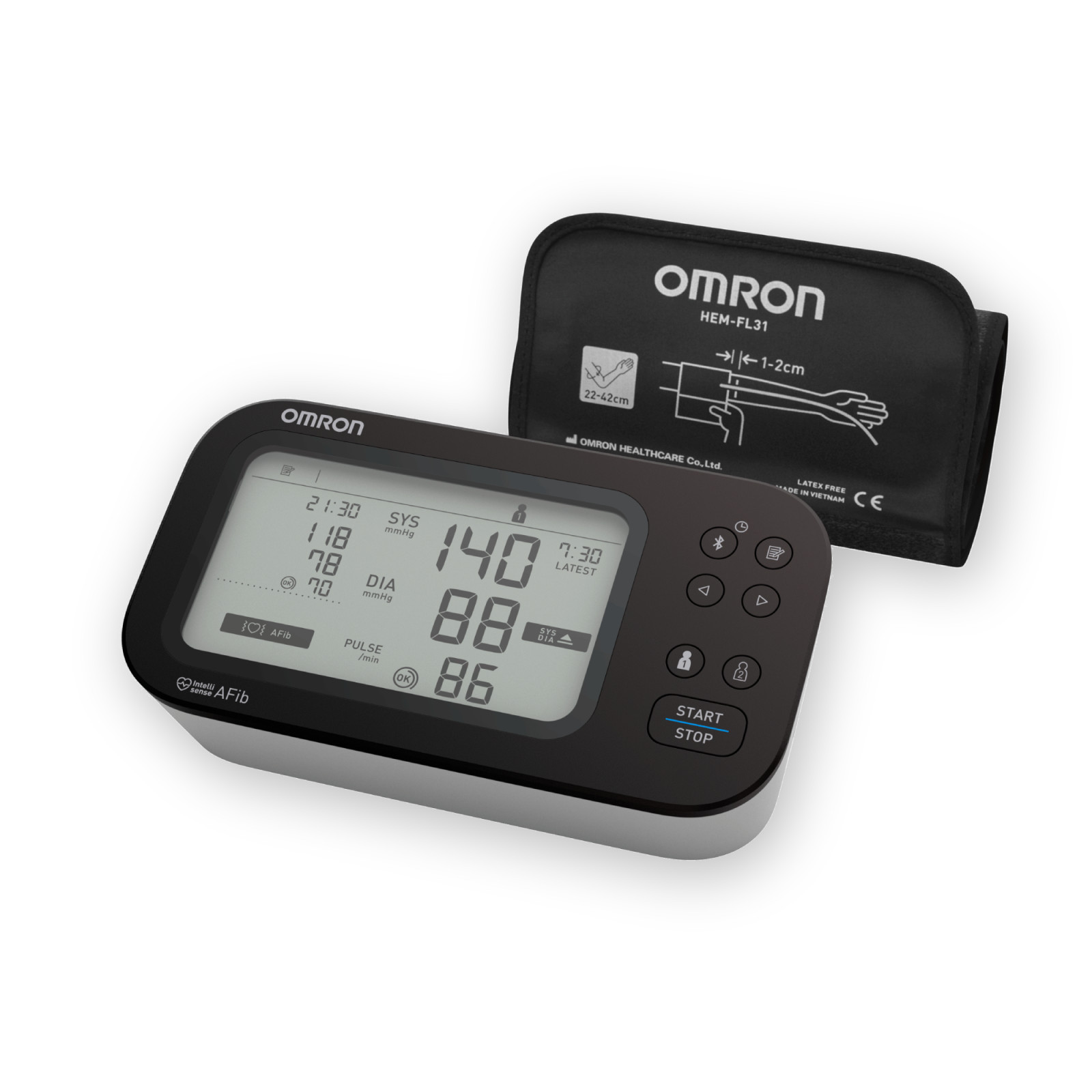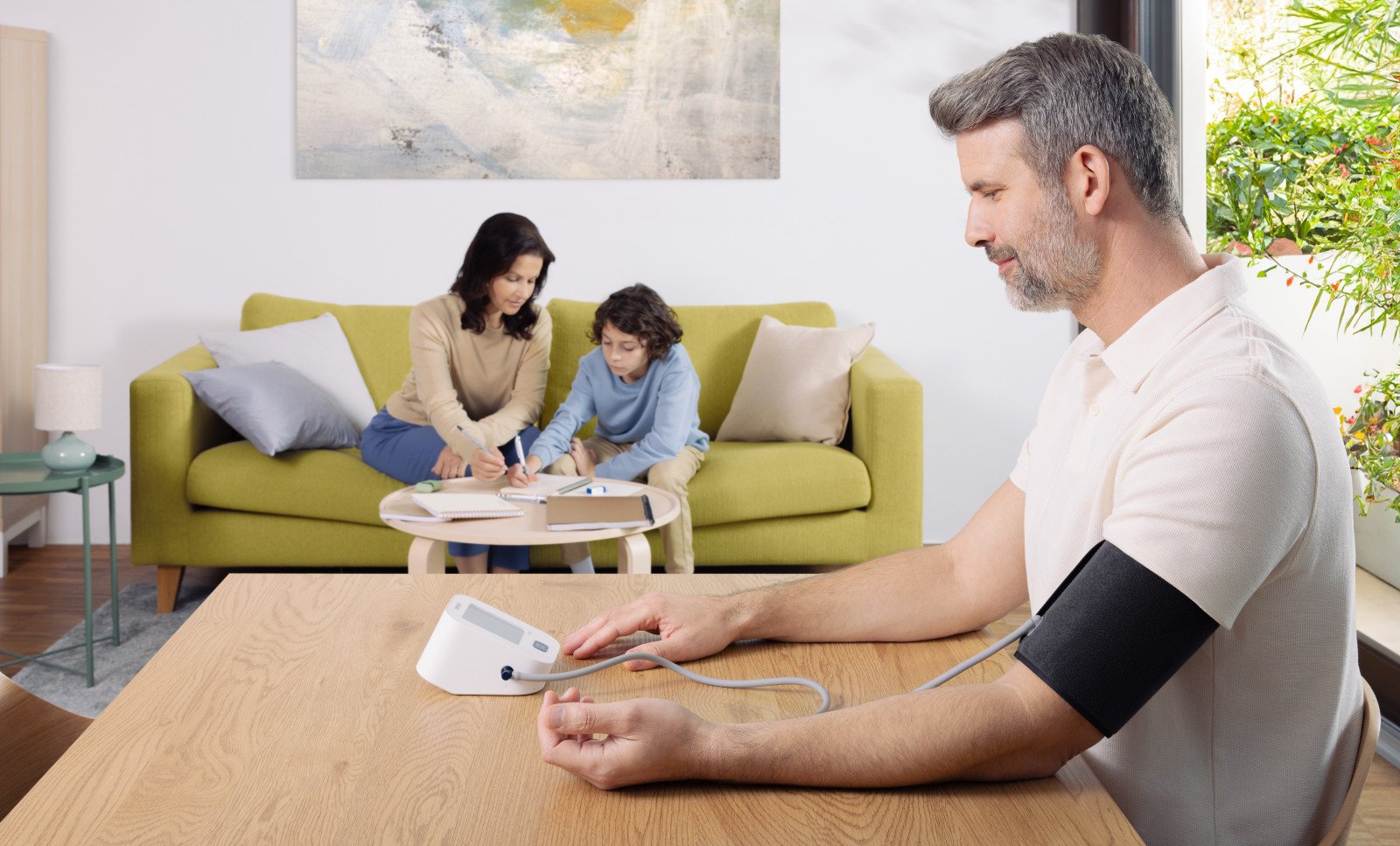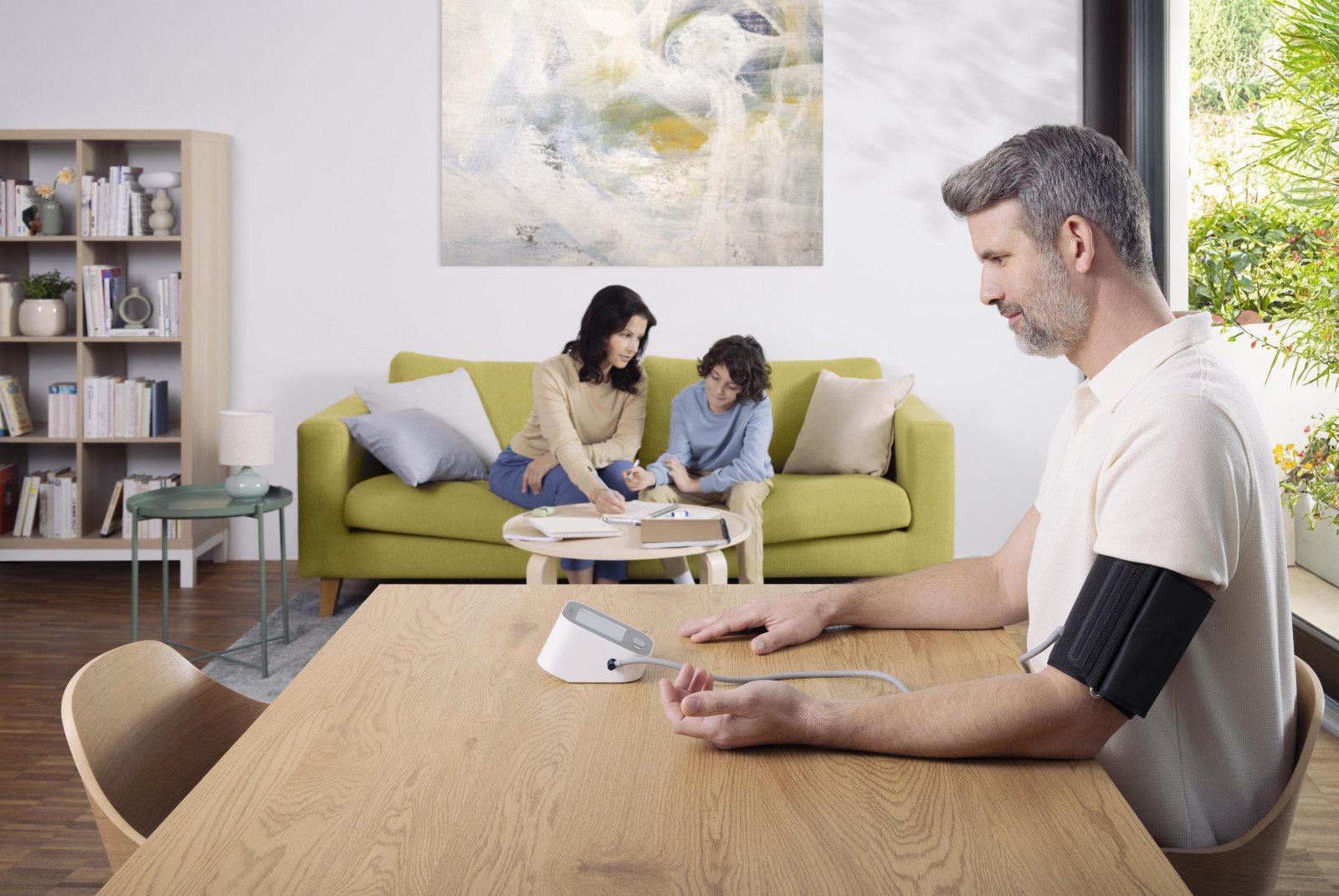

Managing hypertension effectively can significantly reduce the risk of cardiovascular events and organ damage. Studies referenced by the European Society of Cardiology (ESC) highlight that tight blood pressure control lowers the risk of stroke, myocardial infarction, and heart failure. Furthermore, untreated hypertension contributes to the progression of chronic kidney disease and cognitive decline—two conditions with long-term impacts on quality of life and healthcare systems. Healthcare professionals must emphasise routine blood pressure screening, especially in high-risk populations, and encourage adherence to treatment. Timely management can prevent irreversible damage and support better long-term outcomes for patients across all age groups.
What Happens When Hypertension Is Left Untreated?
When hypertension is left untreated, the elevated pressure within arteries causes long-term damage to blood vessels and major organs. This can silently progress over years, leading to:
Cardiovascular disease: High blood pressure accelerates atherosclerosis and increases the risk of heart attack, heart failure, and stroke.
Kidney impairment: Constant pressure can damage glomeruli, reducing filtration capacity and progressing to chronic kidney disease.
Retinal damage: Hypertension can injure the delicate vessels in the eyes, leading to retinopathy or even vision loss.
Cognitive dysfunction: There is growing evidence linking untreated hypertension to vascular dementia and cognitive decline.
Understanding these outcomes allows medical professionals to clearly communicate risks and motivate patients toward better treatment compliance.
Complications of Untreated Hypertension
Cardiovascular Diseases
Untreated hypertension is a primary modifiable risk factor for:
Ischaemic heart disease (e.g., myocardial infarction)
Heart failure: Left ventricular hypertrophy and reduced cardiac output
Arrhythmias, including atrial fibrillation
Stroke, particularly haemorrhagic and lacunar types
Organ Damage
Kidneys: Leads to nephrosclerosis and ultimately chronic kidney disease or renal failure. This is one of the leading causes of dialysis in Europe.
Eyes: Hypertensive retinopathy can impair vision and, in severe cases, cause blindness.
Brain: Chronic hypertension damages cerebral blood vessels, increasing the likelihood of transient ischaemic attacks, stroke, and vascular cognitive decline.
These complications underscore the systemic nature of hypertension and the importance of early and sustained control.
How Long Can Hypertension Go Untreated?
Hypertension can go undetected for years, particularly in asymptomatic patients. The World Health Organization – Europe reports that nearly 30% of adults with hypertension are unaware of their condition. This often results from:
Lack of regular health checks
Misconceptions about symptoms—most patients expect warning signs like headaches, which are not reliable indicators
Socioeconomic and cultural barriers—limited access to care, health literacy gaps, or reluctance to seek preventive services
The absence of early symptoms means healthcare professionals must proactively encourage blood pressure checks in general patients, and especially in patients with cardiovascular risk factors.
Long-Term Effects of Untreated Hypertension
The long-term effects of untreated hypertension are often irreversible and significantly reduce quality of life. Chronic elevated pressure damages both large and small vessels throughout the body, contributing to:
Cardiac complications: Left ventricular hypertrophy, heart failure
Renal dysfunction: Progressive kidney damage leading to end-stage renal disease
Neurological impact: Vascular dementia, cognitive impairment, and increased stroke risk
Visual deterioration: From retinal artery narrowing and haemorrhages
Over time, patients develop multiple comorbidities, often requiring complex treatment plans. Early detection and intervention can help prevent this cascade of complications and reduce the burden on healthcare systems.

Hypertension Untreated Risks and Prevention Tips
Preventing the consequences of untreated hypertension starts with education and accessibility. As a healthcare provider, you can reduce risks by:
Promoting routine blood pressure monitoring—especially in high-risk patients aged 40 and above
Supporting lifestyle changes:
- Reduced sodium and processed food intake
- Regular aerobic activity
- Weight and stress managementReinforcing medication adherence: Simplifying regimens and discussing side effects can improve long-term compliance
Using home monitoring tools: Encouraging patients to self-monitor at home improves control and fosters ownership of their health
Incorporating these strategies into routine care can help prevent avoidable complications. Explore the full range of OMRON Healthcare’s home monitoring solutions here: www.omron-healthcare.com.
Conclusion
Untreated hypertension presents a silent but serious threat to long-term health. For physicians, nurses, and medical educators, addressing this issue with urgency is essential. By understanding the full spectrum of complications—cardiac, renal, neurological, and ocular—healthcare professionals can make a meaningful impact through early intervention and patient education. Routine monitoring, lifestyle counselling, and evidence-based treatment protocols are key components of effective hypertension management. Proactively integrating these into practice will lead to improved outcomes, reduced disease burden, and healthier lives.
Related blogs
References
European Society of Cardiology (ESC). (2023). ESC Guidelines on Arterial Hypertension.
https://www.escardio.org/Guidelines
World Health Organization (WHO) – Europe. (2023). Hypertension Fact Sheet.
https://www.who.int/europe/news-room/fact-sheets/item/hypertension
European Kidney Health Alliance. (2023). The Impact of Hypertension on Kidney Disease in Europe.
https://ekha.eu
European Society of Ophthalmology. (2024). Systemic Conditions Affecting Vision: Hypertension.
https://www.euso.org
National Institute on Aging (EU Collaboration). (2023). High Blood Pressure and Cognitive Health.
https://www.nia.nih.gov
OHEAPP-866






